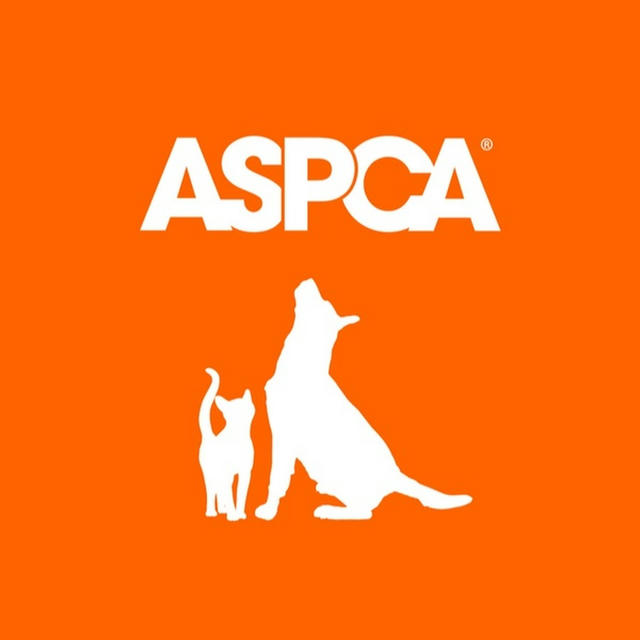ASPCA Free Pet Insurance and Vaccination Services
Veterinary care costs have been rising in recent years, and many pet owners have delayed or even given up necessary treatment due to financial constraints. According to data, more than half of pet owners have skipped their pet's health checkup or vaccination due to high costs, which has put their pets at greater risk of health problems.ASPCA's free pet insurance and vaccination services are designed to address this problem, ensuring that every pet can receive timely and comprehensive medical care, so that pet owners no longer have to worry about the cost.
FAQ
1. Are there any breed or age restrictions?
No.
2. Is the application process complicated?
It's very simple. Just submit basic information on the ASPCA website, and the application process usually doesn't take too much time. Once approved, your pet can start enjoying insurance services immediately.
3. Is the program completely free?
Yes. Pet owners do not have to pay premiums, deductibles or other hidden fees, which makes the program extremely financially friendly to every family.
4. At which clinics can insurance be used?
You can use the insurance provided by the ASPCA at most veterinary clinics across the United States, ensuring that your pet can get timely medical care no matter where you are.
How the ASPCA's free pet insurance service can help

This program from the ASPCA is designed to provide comprehensive veterinary coverage for pet owners in financial difficulties, including routine checkups, vaccinations, diagnostic tests, and emergency treatment. The insurance is not limited to age, breed, and is also available for pets with pre-existing medical conditions, making this program one of the most inclusive pet health insurance plans in the United States.
Application Process and Service Coverage
The ASPCA's free pet insurance and vaccination services are available in specific areas, mainly for low-income and financially disadvantaged communities. Pet owners can submit an application through the ASPCA's official website. The specific steps are as follows:
Online registration: Go to the ASPCA's official website and fill in the basic information of the pet and the owner.Confirm eligibility: After passing the eligibility review, applicants will immediately receive a confirmation email and obtain the corresponding insurance certificate.
Use the insurance: Pet owners can use this insurance to enjoy services at most veterinary clinics across the country, ensuring that their pets can get the medical care they need in a timely manner.
This program is especially useful for families who have delayed their pet's medical care for financial reasons, helping them avoid forgoing treatment due to unaffordable veterinary bills.
Conclusion
ASPCA's free pet insurance and vaccination services are an effective tool to reduce the burden on pet owners. Through this program, pets can receive a wide range of medical services without the worry of high veterinary bills. This not only improves the health of pets, but also allows owners to care for their pets with greater peace of mind.
Other:
When discussing common and expensive pet health issues, it’s important to be aware of the financial burden these illnesses can have, especially without pet insurance. Some of the most common illnesses in pets tend to be costly, including:
Dental disease – Regular cleanings can be expensive, and advanced dental procedures for issues like periodontal disease can cost hundreds to thousands of dollars.
Hip dysplasia – This genetic condition is common in large dog breeds and may require surgery that can cost thousands of dollars
Cancer treatments – Chemotherapy and other cancer treatments for pets can quickly add up.
Gastrointestinal issues – Issues like swallowed foreign objects causing blockages can lead to emergency surgery, which often costs thousands of dollars
Kidney and urinary tract infections – These conditions are common in both dogs and cats and may require long-term treatment and sometimes surgery, costing hundreds to thousands of dollars.
